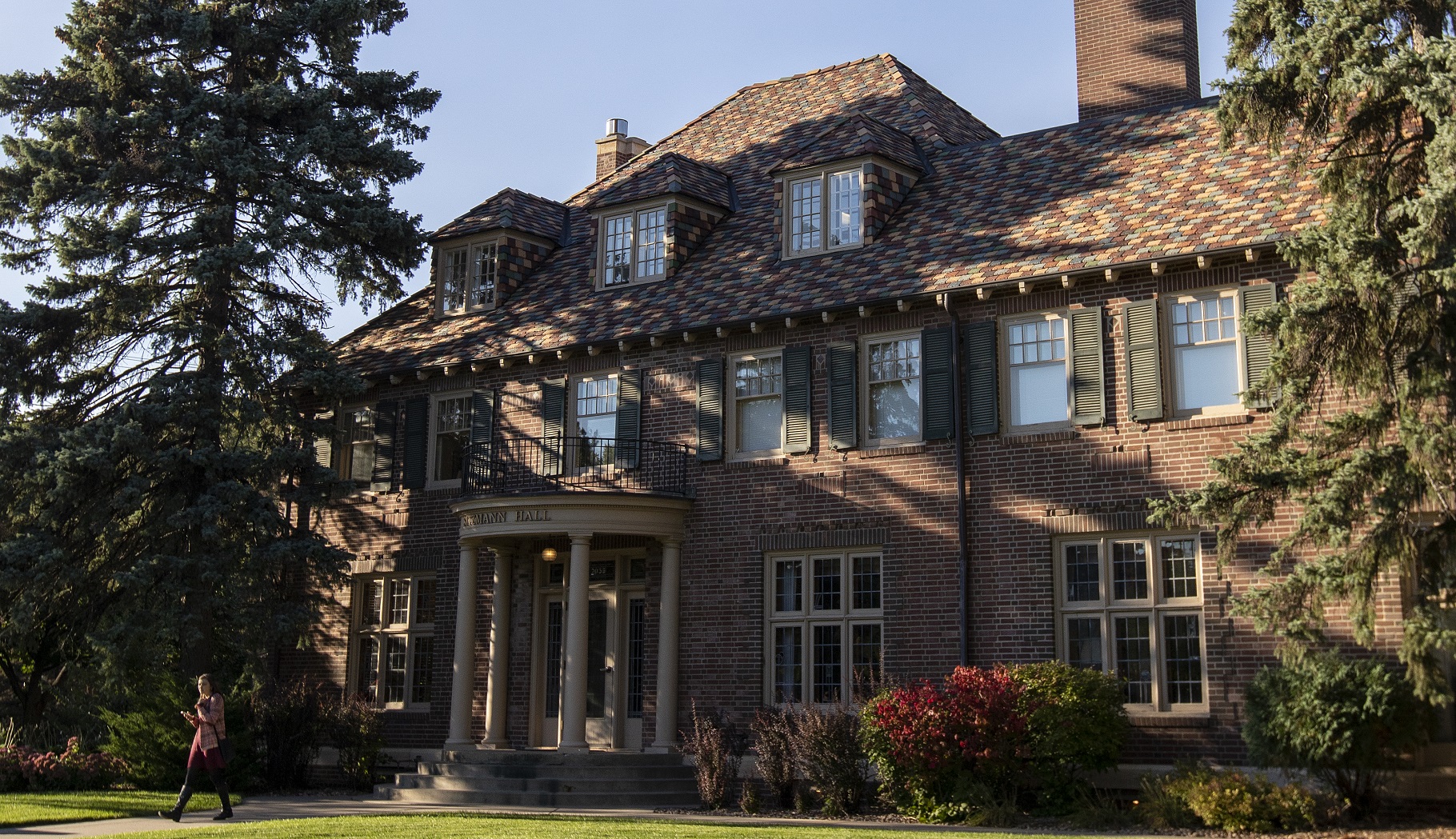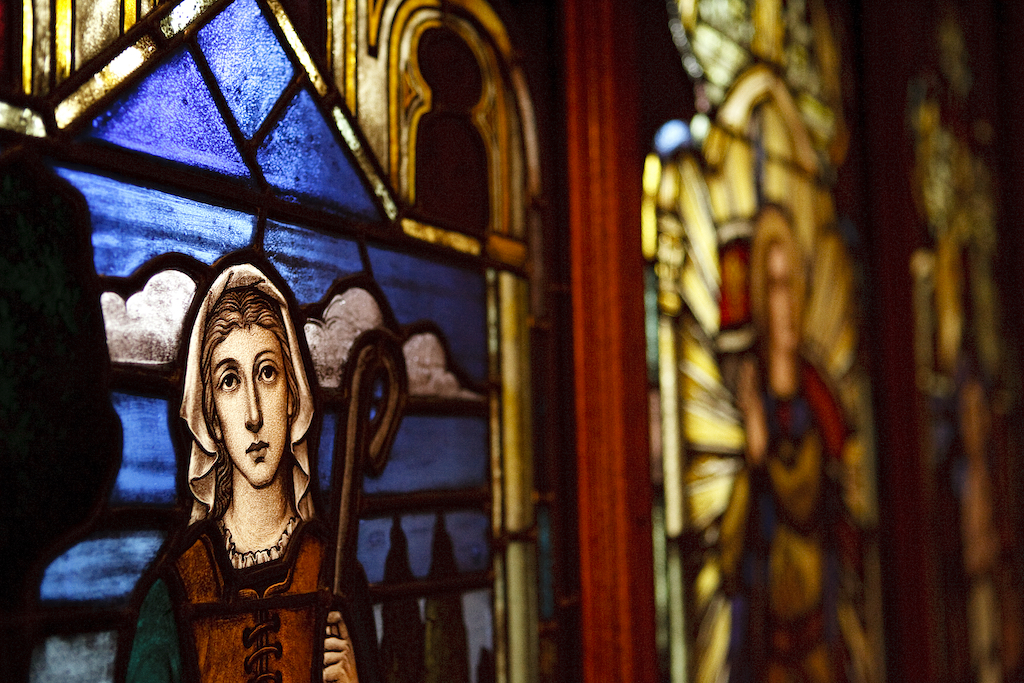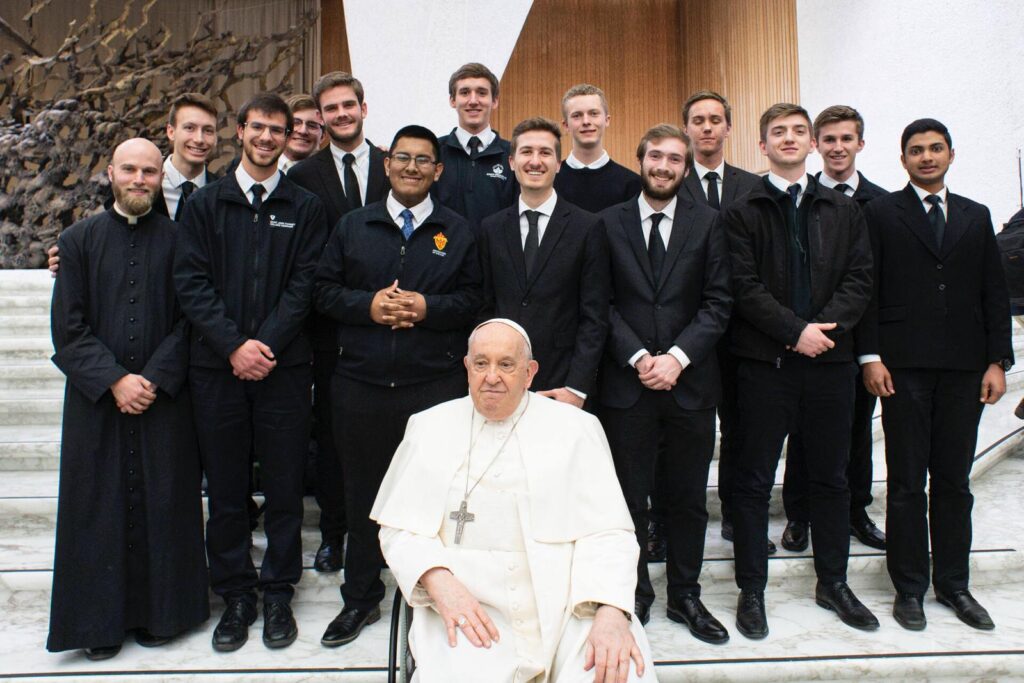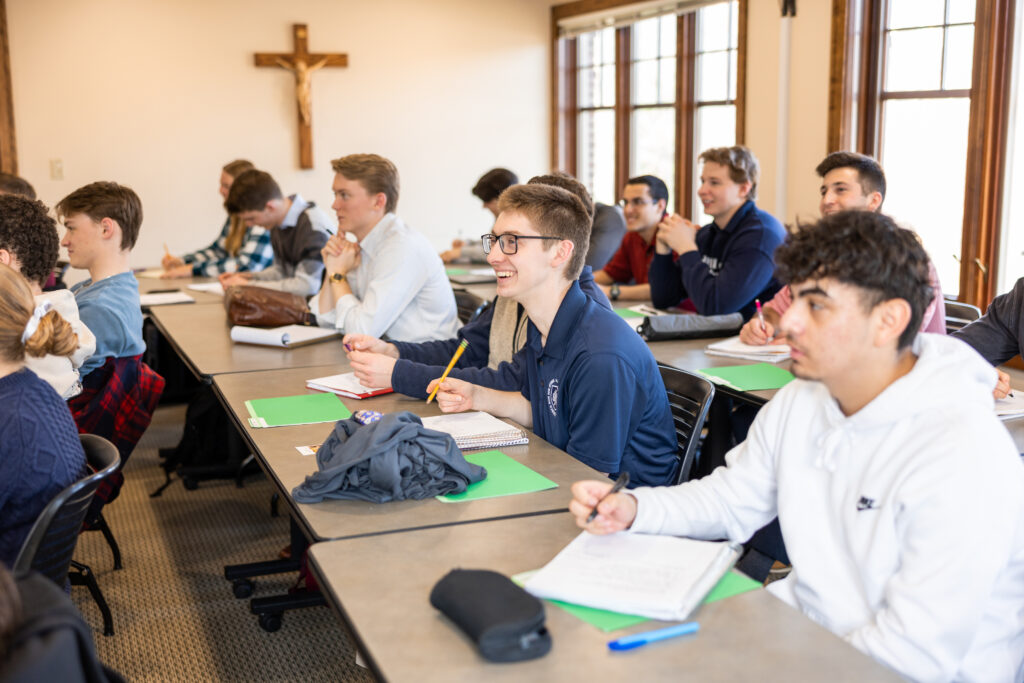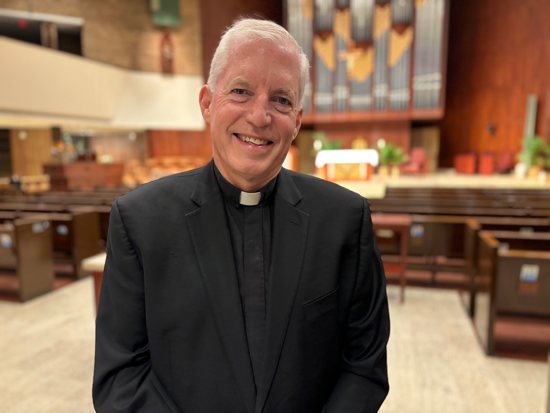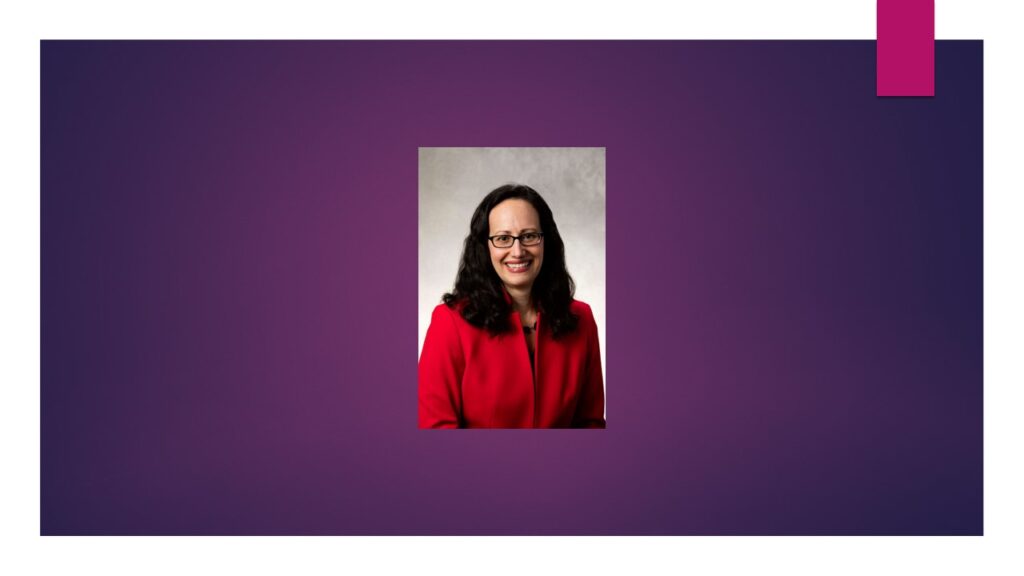During its first three years of development, Catholic Studies was an entrepreneurial, interdisciplinary venture in the matter of faculty resources. But this revealed an endemic difficulty: The program had no settled home. It was pieced together among several departments without a focal point. This could be administratively cumbersome, but more importantly for the success of the project, it impeded the growth of a true community of mind. Unless the intellectual and cultural ideal being articulated by the Catholic Studies professors was incarnated in time and place, in settled relationships and a shared experience such that it could help shape the life of students and faculty, that high ideal would remain largely abstract and unrealized.
From this concern came the idea of establishing a Center for Catholic Studies. If Catholic Studies was a response to fragmentation in higher education, it needed the context of a genuine ecclesial community, where the whole of the human was addressed and in which the harmony of life could be seen and experienced in order to thrive.
In 1995, David and Barbara Koch, longtime supporters of Catholic education, provided the funds to establish the Koch Chair of Catholic Studies along with a scholarship fund. With this founding gift, the Center for Catholic Studies was established in 1996.
With its fundamental principles firmly in place, the Center began to grow in many directions. Catholic Studies now offered an integrated set of courses in philosophy, theology, history and literature. This was a good start, but the vision of the founding faculty went beyond the humanities. They were looking for ways to engage the wider university such that the Center could be an integrating instrument for the university as a whole. Several initiatives were established to facilitate that engagement.
The first of the Center’s institutes, the John A. Ryan Institute for Catholic Social Thought, was established in 1996, as a collaborative effort between Catholic Studies and the School of Business. The next year the Center began to publish a quarterly journal, Logos: A Journal of Catholic Thought and Culture, giving the Center national and international scope and encouraging a wider movement of educational thought and practice. A semester-long Rome program was begun in 1998, and in 2000, a master’s program was added. The next year, in a decisive development, the Department of Catholic Studies was approved by the university. In 2003, in cooperation with the new School of Law, the second of the Center’s institutes was established: the Terrence J. Murphy Institute for Catholic Thought, Law and Public Policy. In 2004 and 2005, the Catholic women’s and men’s floors were established, as well as the Catholic women’s and men’s houses. Then in 2006 came the third institute, the Joseph and Edith Habiger Institute for Catholic Leadership, which helps connect these residential activities with the work of the Department of Catholic Studies as well as develop an undergraduate leadership program and a Latino outreach project.
With these developments, Catholic Studies has largely taken its current institutional form. The work of the Center, in collaboration with the department, has brought to St. Thomas a national and international reputation of high-quality academic work and ecclesial faithfulness. Its collaborations with universities, dioceses and the Vatican, bring to life the rich Catholic intellectual tradition in the various ways Catholic higher education can serve the Church and the wider culture.
This story is featured in the summer 2023 issue of Lumen.
